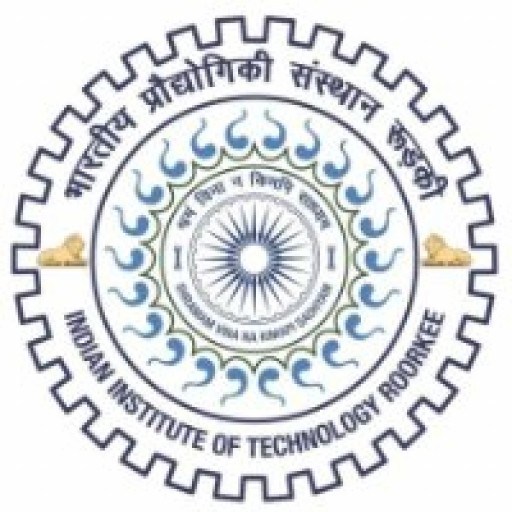What is Electronics?
Electronics is the science of the interaction of electrons with electromagnetic fields and methods of creating electronic devices and devices for the conversion of electromagnetic energy, usually for receiving, transmitting, processing and storing information.

Electronics includes the following areas and topics:
- physics is a field of science studying the processes that occur with charged particles are studied,
- household electronics - household electronic devices and devices that use electrical voltage, electric current, electric field or electromagnetic waves. (such as television, mobile phone, light bulb, electric stove, etc.).
- Generation, transportation and consumption of electricity, high-power electrical appliances (eg electric motor, electric lamp, power station), electric heating system, power line.
- Microelectronics (electronic devices which use microcircuits as active elements):
- optoelectronics (devices which are built on basis of electric current and photon fluxes),
- sound and video equipment (devices for amplifying and converting sound and video images),
- digital microelectronics (devices based on microprocessors or microcircuits, such as electronic calculators, computers, digital TV, mobile phones, printers, robots, control panels for industrial equipment, vehicles, and other household and industrial devices).
Electronic Engineering program structure
A Bachelor of Electronic Engineering study program usually last from three to five years. First years are mostly basic and are dedicated to basic principles of physics and engineering. Last years are more specific and include such courses as Power Systems, Circuit Boards, Computer Science.
Study programs include both theoretical and practical courses.
During the last years students work on their own research or design project, which they present at the end of their study.
Entry requirements for Electronic Engineering applicants
Those who wish to apply for a Bachelor study program in Electronic Engineering usually need to hold excellent grades in Physics and Mathematics, the exact minimum scores depend on the chosen program and university. Many foreign universities ask future students to complete at least one year of relevant undergraduate education in their home country with high GPA scores before applying for an undergraduate study program.
English proficiency is a mandatory requirement for all applicants. since all study programs in Engineering Physics which can be found on our website are taught in English. Those applicants whose native language is other from English need to pass a language test - IELTS, TOEFL or equivalent - and submit its results with the application form. Those applicants who have already completed a degree in English usually do not have to submit the results of language tests again.
Applicants for a Master study program in Electronic Engineering need to hold a Bachelor degree in this area or in other related areas of Engineering and a strong motivation letter explaining why you wish to study Electronic Engineering and how it will be useful for your future career and/or research activity. For some study programs a relevant work experience is also mandatory - check entry requirements of the particular program you have chosen.






































